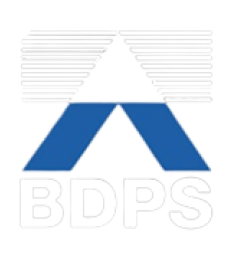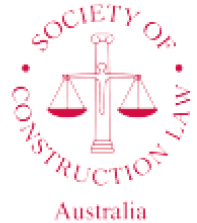The shake-up of Victoria’s building industry continues
The latest tranche of changes to the Victorian building industry came into effect on 26 April 2017. The changes mainly relate to the dispute resolution process and significantly widen the avenues of relief available to owners, builders, sub-contractors, architects and other players in the industry. The changes, in the form of amendments to the Building Act 1993 (Vic) and the Domestic Building Contracts Act 1995 (Vic), are part of a major multi-phase legislative response to years of consumer complaints.
How it used to work
Previously, a party to a domestic building dispute could apply directly to VTAC to have the matter determined. Alternatively, an owner in a dispute could make a complaint to Consumer Affairs Victoria, who could then refer the matter to VCAT, or refer the matter to conciliation by Building Advice and Conciliation Victoria (BACV). However, conciliation was optional, and a party could refuse to participate. Another option available to parties was to arrange for an inspection of the building works by the Victoria Building Authority (VBA). The VBA would then prepare a report that could be used at a VCAT hearing.
The changes
Under the new legislation, builders and owners in a dispute must apply to have their matter resolved through conciliation before they can apply to VTAC to have the matter determined. That is, conciliation is mandatory and there are adverse consequences for those who do not participate. The scheme is administered by a new independent body called Domestic Building Dispute Resolution Victoria (DBDRV). The previous conciliation authority, BACV, has been shut down.
In addition to making conciliation a mandatory prerequisite to a VCAT hearing, the new legislation makes other changes that affect the dispute resolution process. Those changes include:
- The range of people who may refer a dispute to conciliation: Whereas previously only the owner could do so, under the new regime, builder, architects, and subcontractors can refer a dispute to conciliation.
- The availability of building inspections: The VBA no longer offers domestic building inspections. Instead, the new DBDRV has the power to order assessments. These assessments are more comprehensive than previously; it may entail invasive and destructive testing.
How the system works
A party to a dispute refers the dispute to the DBDRV for conciliation. The conciliation officer managing the conciliation has broad powers. Through the issue of a Dispute Resolution Order (DRO), the officer may order the rectification of works, the completion of works and the payment of certain costs.
Appeals from the conciliation officer’s orders lies to VCAT. As mentioned, only after going through DBDRV conciliation can a party apply to VCAT. If the officer orders an assessment, the assessor has the power to compel a person at the building site to produce documents, provide oral or written evidence or otherwise give assistance to the assessor.
If a party refuses to participate in conciliation, the conciliation officer can issue a DRO which can be used in a subsequent VCAT hearing to have costs awarded against the recalcitrant party or to refuse an appeal from that party.
These changes have the potential to bring about much-needed change in an industry dogged by dissatisfaction, disputes and delays. Crucially, the DBDRV conciliation process is a free and independent process. There is no cost in making an application to the DBDRV.
Contact Warlows Legal’s construction team for assistance in your construction dispute.




